INDEX
Singing the Existence, Not Just Valuing the Everyday
You released new songs in October and December of last year. What was the year and a half like since MyakKō?
Oishi: I had a vague idea that it would be nice to plan an album over a longer period of time, but… this time, I might have been a bit rushed. At the beginning of last year, a close person got sick, and I had a strong desire to get the music out quickly. So, I thought I just wanted to take what I had and shape it into something to release. I ended up releasing two singles, and instead of just saying, “I’ve released it, listen to it,” I wanted to create something tangible, so I made cassette tapes.
Regarding live performances, there haven’t been many since the pandemic. What were your thoughts on that?
Oishi: I may not have had the mindset that “live shows are important” from the beginning. I personally didn’t have many opportunities to attend live performances, and I’ve always been saved by recorded music. So, I feel like the music is complete once I release it.
In terms of music production, I can choose takes and set goals for myself to some extent, but with live performances, there are so many external factors that I can’t control, which makes me a bit anxious. The rehearsal never turns out exactly the same, and I don’t know what the venue or audience will be like. But this time, with recent song releases and encouragement from various people, I was able to take on the challenge.
Kashiwai (Editor): Yes, we’ve been sending out live performance offers left and right [laughs].
How did it feel to actually perform?
Oishi: I thought, “It’s still difficult!” When the audience tells me, “That was really great,” it’s one form of feedback, and I feel relieved by that. But my own feelings and sensations from the performance are something I want to value separately.
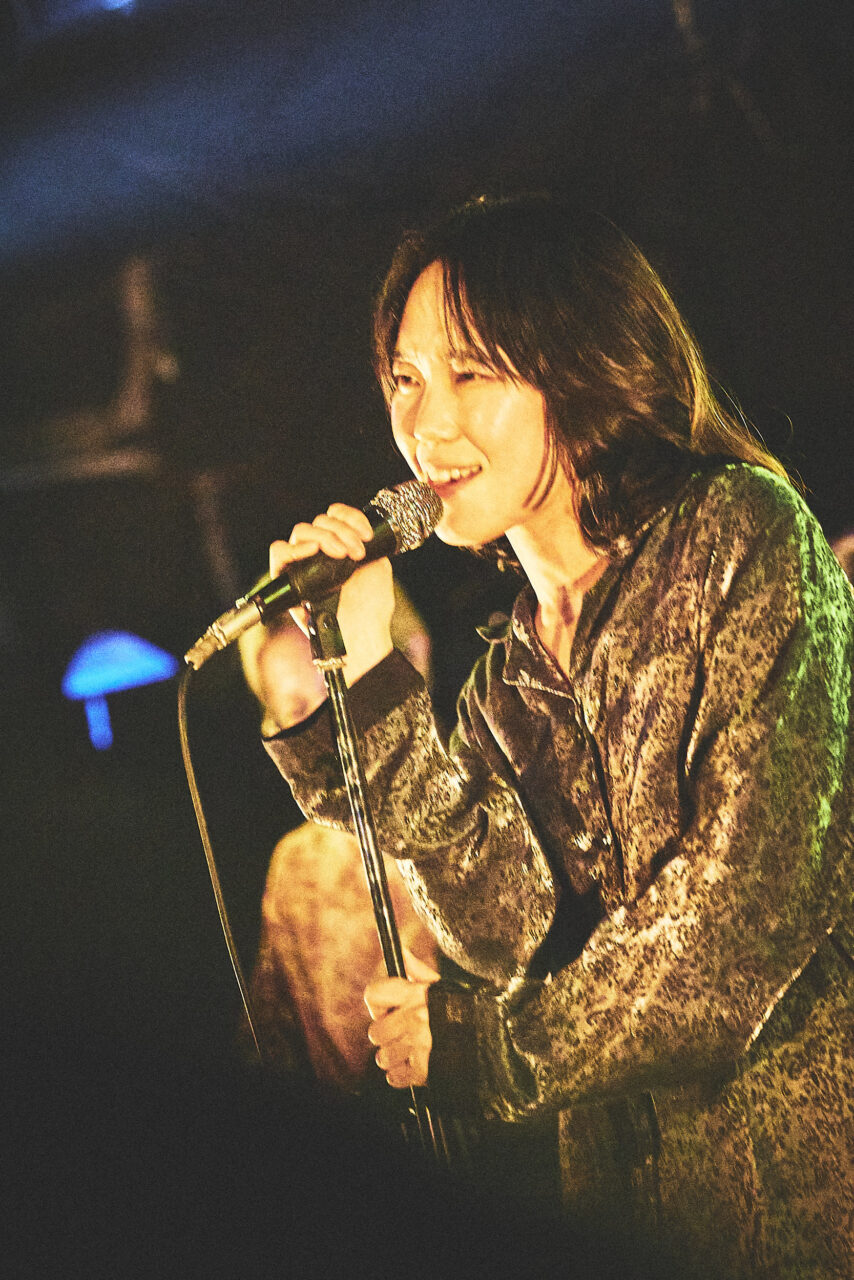
Did you feel any pressure from the increased attention after the album release?
Oishi: Not at all. The only pressure I felt was my own anxiety—wondering what would happen if I didn’t feel satisfied with the result. But with the members who participated in the tracks I released this time, I had a sense that we might be able to explore something new together, and that we could potentially create a great live performance. That feeling made me take the plunge. During the production and live phases, Yusei Takahashi played a key role and became a trusted advisor for me, which was really significant.
How did “Satin no Tsuki” (Satin Moon) released in October come about?
Oishi: I was out for a nighttime walk, and I was walking along a large road. When I crossed the pedestrian crossing, there was a median strip. I could have either given up or run if the light was about to turn red, but I ended up waiting in the middle for the light to turn green. While I was standing there, cars were speeding by in front and behind me, and it felt as though I wasn’t even there. It made me realize that no one knew I was standing there, or that I was experiencing all these thoughts and feelings. I became acutely aware of my loneliness, and I thought that maybe, considering this loneliness, there are things I can still think about and do moving forward. That’s when I wrote this song.
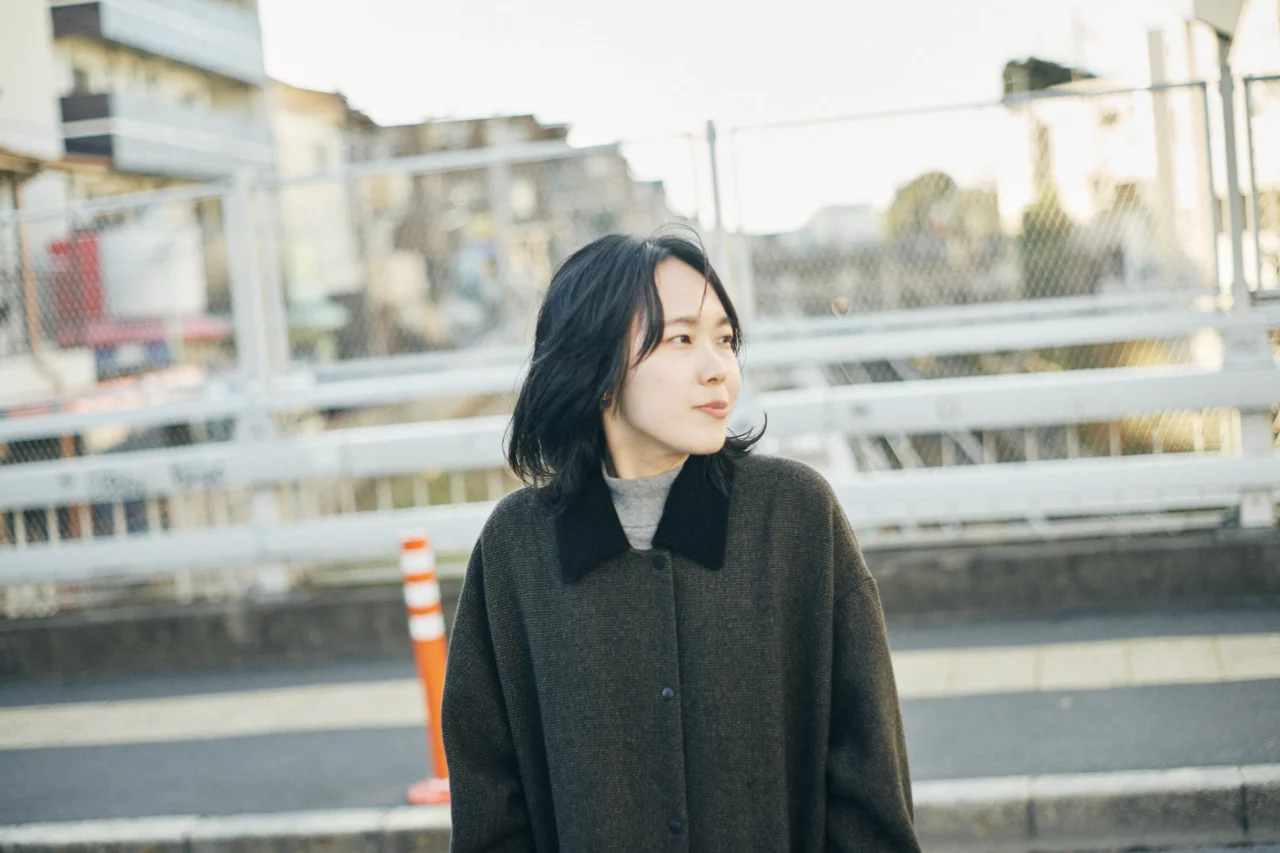
-I thought that there must be something I can do from now on based on the premise of loneliness, so I wrote this song. You are lonely, but there are cars passing by, so you can’t go back, you can only keep going.
Oishi: It’s not just about the artist’s career, but the feeling of “not being able to go back” is significant in general. Once you know something, you can’t go back to the state before. And there are more things you can’t do as time goes on. I found myself in this kind of situation, and I spent a lot of time thinking about, “So what do I want to do next?”
In the song, the first half reflects the realization of loneliness, but in the second half, there’s a shadow that exists because I am definitely here. The heartbeat sounds because I’m alive. It’s not about completely transforming into something positive, but more like acknowledging that there are still things I can do. The line “I’m running through this city for the first time” doesn’t imply a specific destination—I’m running without any particular purpose or expectation of success. It’s more like, “This is who I am too,” almost making me laugh at myself, and it feels a bit lighter.
How about the song “Tokusan (A lot)” that was released in December?
Oishi: Last year, there were disasters from the beginning of the year, and I thought, “It’s supposed to be New Year’s,” but I realized that doesn’t matter. It doesn’t matter what the day is like socially or how it affects other people; happy and sad things, big and small, all happen regardless. I really felt that again, so I wrote from that perspective.
Ideally, I’d want only happy things to happen, but since I can’t choose, I think it’s tough just to go through daily life. Even so, if life is going to continue, I started thinking about how I can maintain myself. And the answer was, I still want to share things with someone, talk to someone. Creating music became that method for me. I feel like I’m creating it to share what I’m thinking and feeling. I want it to reach people beyond family and friends, beyond time and distance—even to those I can’t meet now. Even if it’s difficult, I want to engage with it.
The line “I’ll peel fruit for you” stands out and seems to show an awareness of others.
Oishi: I sing lines like “I’ll peel fruit for you” and “Children play outside,” but it’s not about glorifying the simple life. I just wanted to highlight that this kind of life exists, plain and simple.
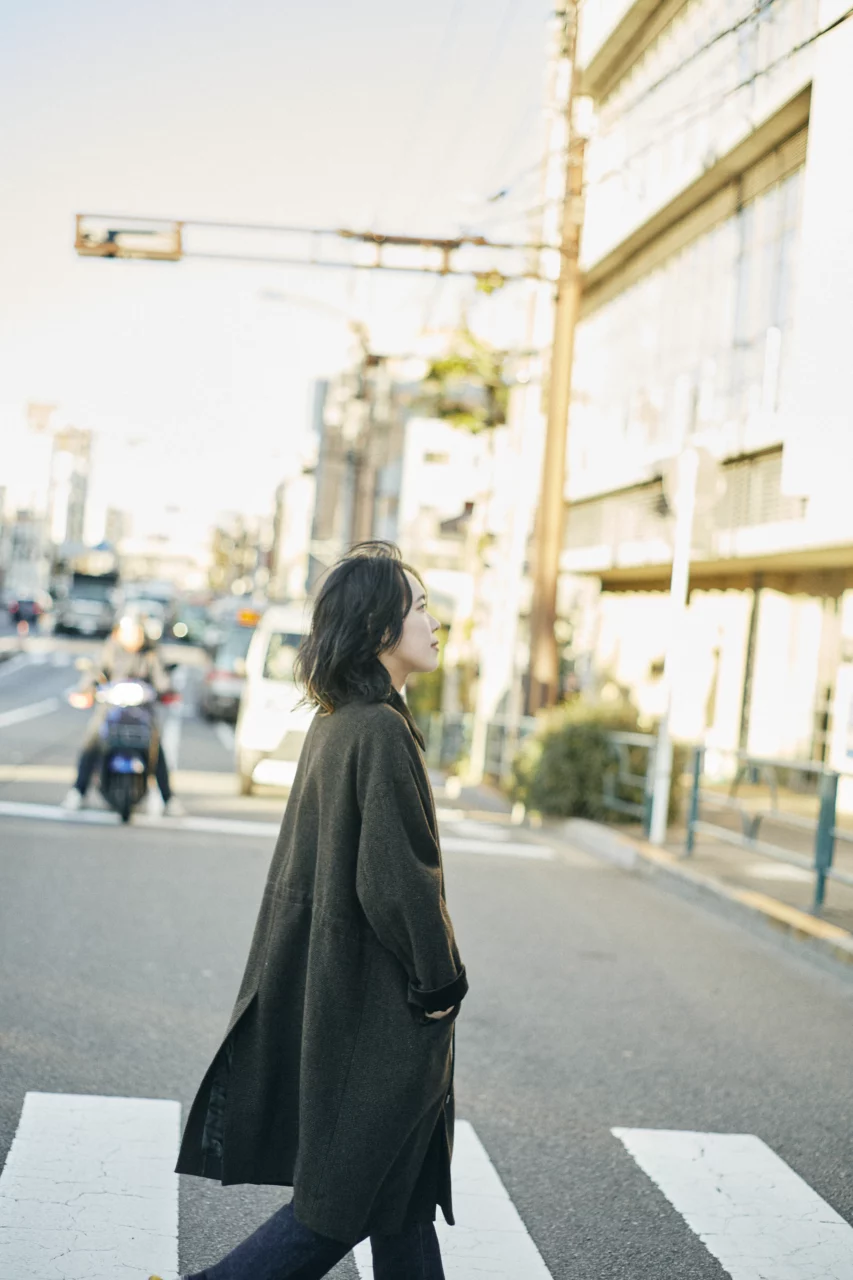
It’s not about “valuing life” or “cherishing the small things,” but simply singing about their existence— that was the important feeling.
Oishi: Yes, that’s right. So, even though I wrote “I’ll peel fruit for you,” I wasn’t really thinking about love for the person represented by “you.” Instead of focusing on that, I’m just saying that there are many points, like coordinates, that mark both the happy and sad moments. If everyone knew about that kind of life, or could imagine it, then things that shouldn’t happen—sadly, they still do. If I have a wish, it’s that no one should be forced into something or have something taken from them. I hope the world continues to be one where children can go play without a care. That’s what I wanted to express.
Finally, what do you want to prioritize moving forward, and how do you envision your expression evolving?
Oishi: Last year, I challenged myself with releases, live shows, cassette tapes, and merchandise production, but I didn’t have much time for those vague, unstructured moments. Since the end of the year, I’ve been enjoying time to buy books from bookstores and mend clothes, things like that. I’m making sure to carve out that time, and it’s been fun. This year, I might want to travel as well. After a little time like that, I think songs will naturally come to me again. After releasing two singles, I really felt the strength of an album, so if I release something next, it’ll probably be an album. I want to prepare for that.
Is the desire for someone to live the way they want, without being forced by others, something you prioritize in your creative process as well?
Oishi: For me, I might need a bit of a push sometimes [laughs], but even when I’ve taken breaks from creating, eventually I get that feeling of “I want to create again.” I enjoy reading books, watching comedy, listening to rakugo, or watching films, and of course, that’s fun, but in the end, I still have this urge to create something. It feels natural to me, and I feel there are parts of me that can only be satisfied through creation. I can’t control the timing or the energy, but when that feeling of “I want to create” hits, I want to make sure I’m both mentally and physically healthy, so I can be ready to create when the time comes.
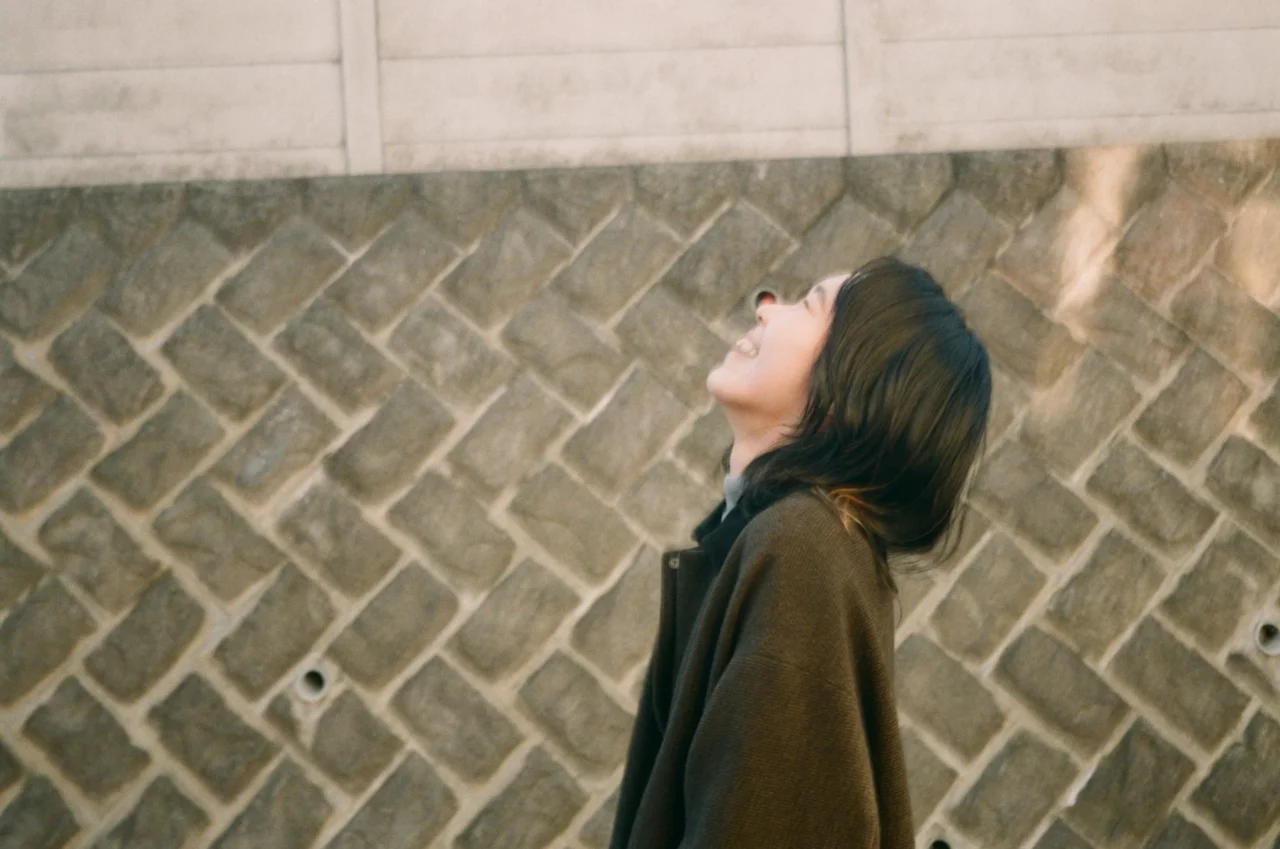
INFORMATION
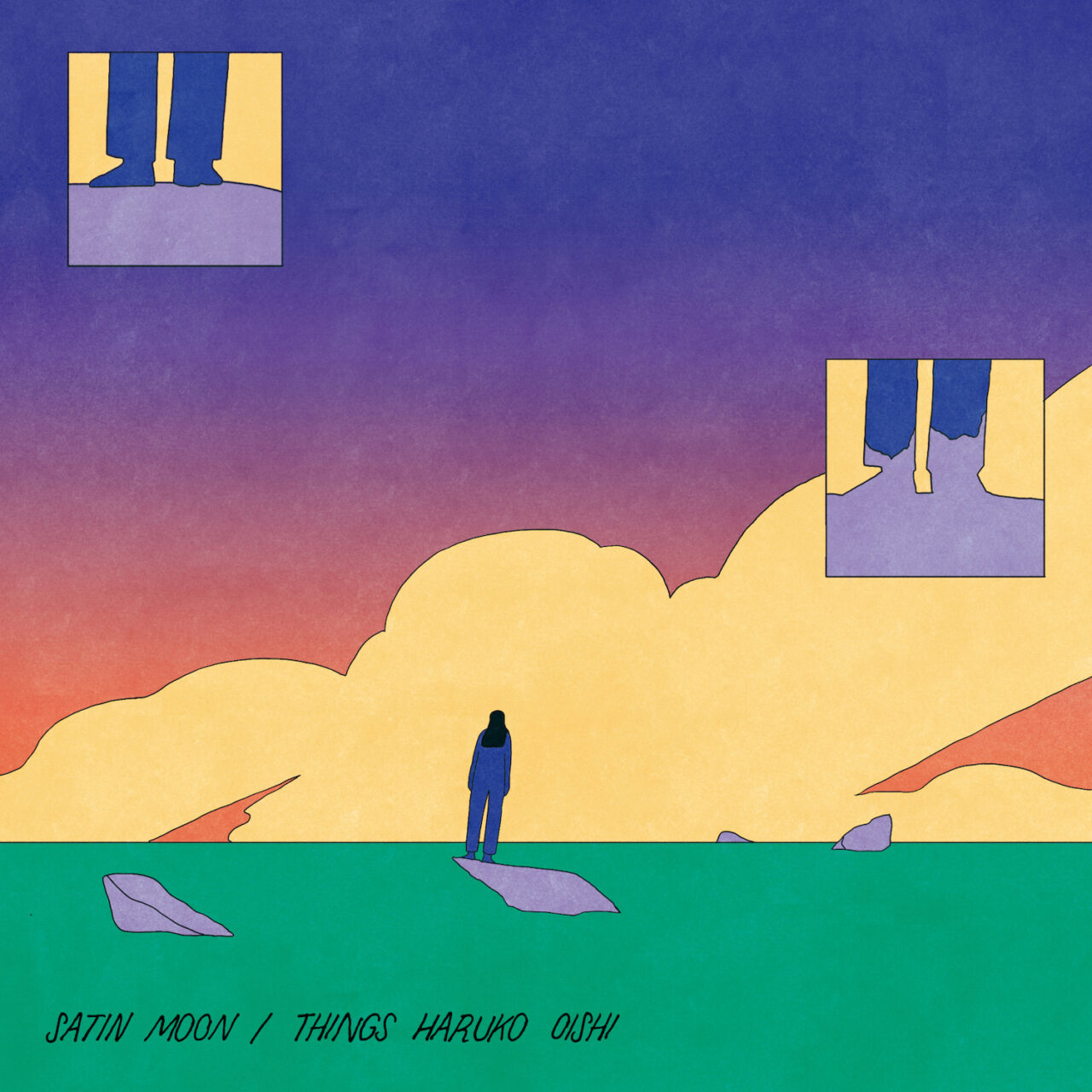
The singles “Satin no Tsuki” and “Takan” are now available for streaming on various platforms.
Satin no Tsuki: https://ssm.lnk.to/satinmoon
Takusan: https://ssm.lnk.to/things
Additionally, cassette tapes and merchandise featuring these two tracks are available for purchase online.
https://shop.oishiharuko.com/
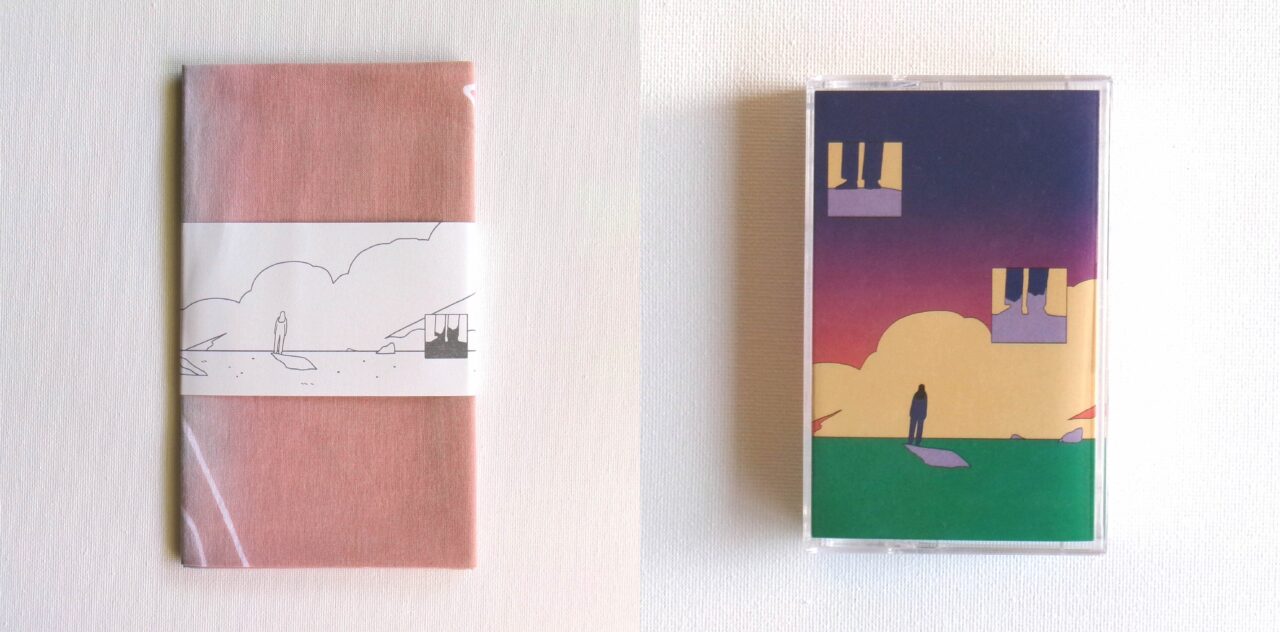
Seiko Oishi HP
https://oishiharuko.com/
























